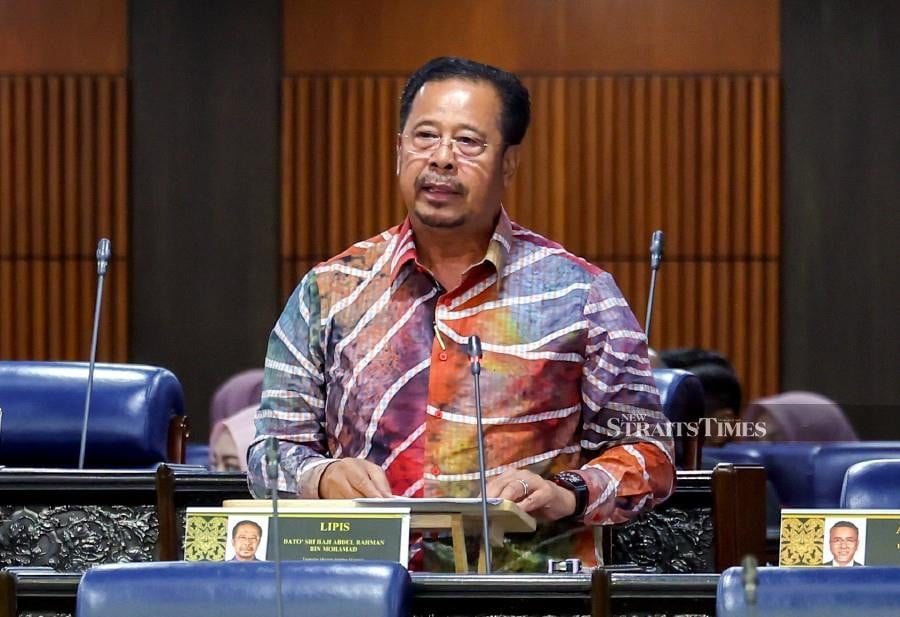
KUALA LUMPUR: The Dewan Rakyat today passed the National Wage Consultation Council (Amendment) Bill 2024, which extends the coverage of the minimum wage to contract apprenticeship workers.
The amendment to the National Wage Consultation Council Act 2011 (Act 732) was approved after receiving the majority support of Members of Parliament.
During the winding-up session of the Bill, Deputy Human Resources Minister, Datuk Seri Abdul Rahman Mohamad, said the amendment was not just a small step in improving the labour system, but a significant turning point in ensuring Malaysia protects, prepares, and provides opportunities for the younger generation to succeed.
"Although this amendment seems small, its impact on the lives of apprentices is substantial. It involves their rights and welfare as young workers stepping into the working world.
"Every support given to this Bill is a support for their future, the stability of the country's economy, and our efforts to become a just and progressive nation," he said.
Earlier, when tabling the Bill for the second reading, Abdul Rahman said that since the implementation of the first Minimum Wage Order (PGM) in 2012, the minimum wage payment had not applied to contract apprenticeship workers.
This was due to the interpretation of the contract of service under section 2 of Act 732, which stipulated that a contract of service did not include a contract of apprenticeship.
"Apprentices' wages are usually determined through a bilateral agreement process between the employer and the apprentice.
"Therefore, the ministry believes the interpretation of the contract of service under Act 732 needs to be amended to ensure the minimum wage coverage applies to contract apprenticeship workers," he said.
Abdul Rahman said an apprenticeship programme is education and training governed by an apprenticeship agreement, allowing apprentices to gain the necessary competence to work in a job through structured training and financial remuneration or compensation.
It differs from a traineeship programme, which involves on-the-job learning that allows trainees to gain work experience and competencies to enhance their employability, and an internship programme, which involves students being exposed to real job environments and receiving short-term training to meet certain educational/learning qualifications.
"From a legal perspective, only apprenticeship programmes have specific legal provisions, while other internal programmes like traineeship and industrial training do not have laws, regulations, or guidelines that bind the implementation of the programmes and rely solely on the employer as the programme implementer," he said.